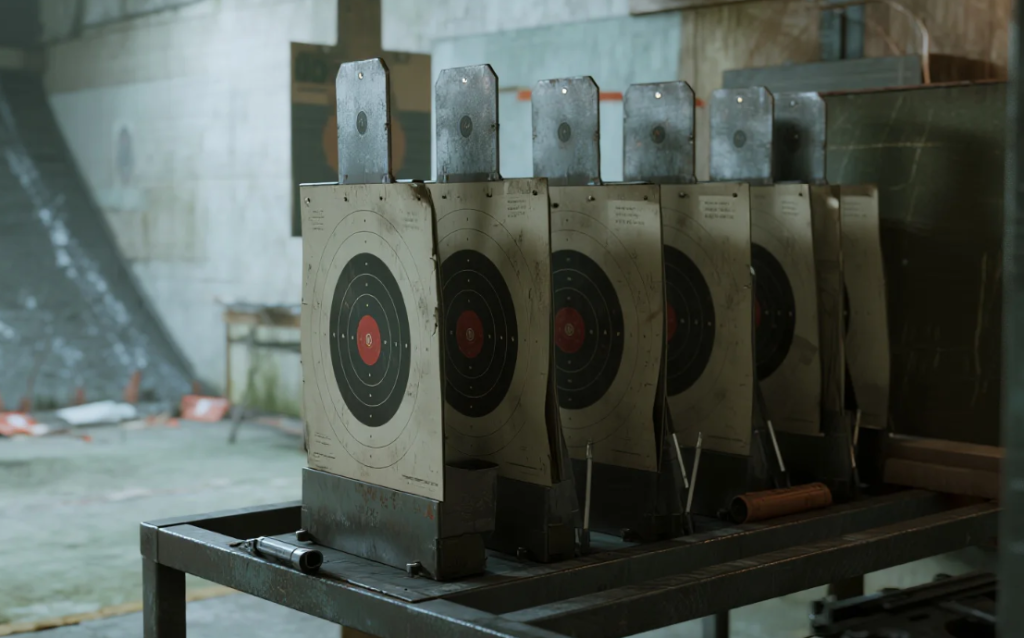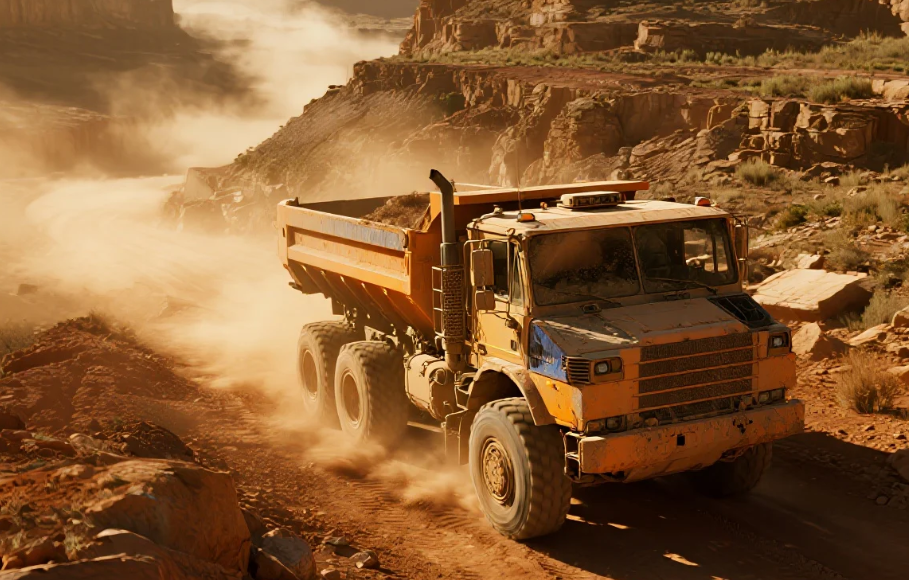4140 Steel Technical Guide: Properties, Composition and Equivalents
2879Detailed 4140 steel technical information including chemical composition, mechanical properties, equivalent standards, machining, and welding guidelines.
View detailsSearch the whole station
Abrasion resistant (AR) steel plates are widely used across industries where strength, durability, and wear resistance are critical. Among these grades, AR500, AR550, and AR600 are the most frequently specified for industrial fabrication and export projects. Each offers unique mechanical properties and performance characteristics, which makes choosing the right grade crucial for cost-efficiency and safety.
In this guide, we’ll provide an in-depth comparison of AR500 vs AR550 vs AR600, explore key properties such as hardness, toughness, and machinability, and help you decide which grade best fits your application. We will also address common queries such as ar500 vs ar550 steel, ar550 vs ar500 steel, and ar500 vs ar600 steel, since these are typical questions when sourcing abrasion resistant steel plates from suppliers.
For international buyers looking to source AR500 steel plates, AR550 steel sheets, or AR600 steel plates, CJM Steel offers high-quality stock with customization options and competitive pricing.

Abrasion Resistant (AR) steel is a high-carbon alloy steel specifically designed to resist wear and tear. By adding alloying elements and controlling the heat-treatment process, AR steels achieve impressive hardness levels measured on the Brinell Hardness Scale (BHN).
For example, AR500 generally falls around 480–540 BHN, while AR550 is harder, and AR600 is at the top range. The higher the hardness, the more resistant the steel is to wear. However, higher hardness can also reduce ductility and make fabrication more challenging.
AR500 steel is a medium-carbon, alloy-abrasion resistant steel plate. It is heat treated to achieve a Brinell hardness rating of around 470–540 BHN. This hardness provides strong resistance to wear and impact, which is why AR500 is widely used in mining equipment, heavy machinery, dump truck liners, and shooting targets.
For applications requiring both abrasion and impact resistance, AR500 steel plates strike the right balance. Buyers comparing ar500 vs ar550 steel often prefer AR500 for fabrication-heavy applications due to its toughness and easier machining.
AR550 steel has a hardness range of 525–560 BHN, making it slightly harder than AR500. This additional hardness improves wear resistance but sacrifices some toughness and workability.
Buyers comparing ar550 vs ar500 steel are often evaluating whether the increase in hardness is worth the trade-off in fabrication ease. AR550 steel plates can offer longer service life for high-volume targets or heavy equipment.
AR600 steel represents the highest hardness in this family, usually ranging from 570–625 BHN. Its primary advantage is extreme abrasion resistance, but this comes with a significant trade-off: AR600 is less impact-resistant and extremely difficult to process.
When comparing ar500 vs ar600 steel, the decision is usually between cost-efficiency and maximum wear resistance. AR600 steel lasts longer in abrasive conditions, but it is more expensive and less versatile than AR500.
| Grade | Typical Hardness (BHN) | Relative Toughness | Workability |
|---|---|---|---|
| AR500 | 470–540 | High | Good |
| AR550 | 525–560 | Moderate | Fair |
| AR600 | 570–625 | Lower | Difficult |
This chart helps buyers visualize the difference between ar500 vs ar550 steel and ar500 vs ar600 steel.
AR500 offers balanced hardness and toughness, AR550 improves wear life, and AR600 maximizes hardness where processing ease is less important.

💡 Tip for buyers: For high-impact industrial applications, consider AR500 steel plates for balanced performance or upgrade to AR550/AR600 when maximum abrasion resistance is required. Contact us to buy AR500, AR550, or AR600 steel plates in custom sizes.
For ar500 vs ar550 steel, usually compared in industries like shooting sports or light armor. AR550 is harder and lasts longer for targets but comes at a premium price. If targets need to handle thousands of rounds, AR550 is worth the investment. For budget-conscious buyers, AR500 remains more popular.
The flip-side query, ar550 vs ar500 steel, reflects the same debate but from the opposite angle: Is AR550 always better? The answer is no. AR550 sacrifices toughness and weldability, which can be problematic in fabrication-heavy industries.
When it comes to ar500 vs ar600 steel, the comparison is starker. AR600 provides unmatched wear resistance but is significantly harder to fabricate. In mining, AR600 often outperforms AR500 in terms of service life. However, for industries requiring both abrasion and impact resistance, AR500 remains superior.
Choosing between AR500 vs AR550 vs AR600 steel plates depends entirely on your application. For a balanced, cost-effective, and tough steel, AR500 steel is the most popular option. If longer wear life is required and cost is less of a concern, AR550 can be a good upgrade. When extreme abrasion resistance is the top priority, AR600 steel is unmatched, though it is costly and challenging to fabricate.
If you are sourcing abrasion-resistant steel plates for your project, make sure to check out our Abrasion Resistant Steel Plates Collection Page for detailed specifications and availability or contact us for AR500/AR550/AR600 steel plate price and availability.
Detailed 4140 steel technical information including chemical composition, mechanical properties, equivalent standards, machining, and welding guidelines.
View detailsDiscover how steel exporters can deal with global policies for sustainable steel export. Learn about green steel, EAF steel production andEU CBAM regulations.
View detailsCompare cold rolled vs hot rolled steel for appliances. Learn which steel suits appliance panels, frames & manufacturing needs based on strength and cost.
View detailsExplore impact resistant steel grades for construction, tooling, and extreme environments. Compare A709, 5CrW2MoSiV, AR steel, and more.
View details
HelloPlease log in